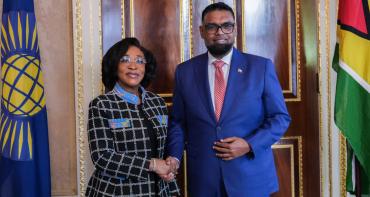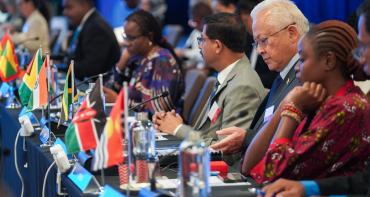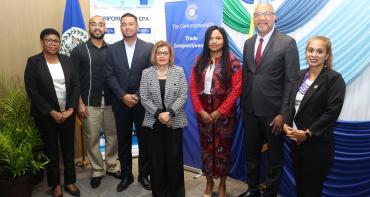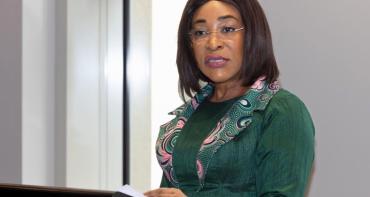The Commonwealth is a voluntary association of 56 independent and equal countries. Its roots go back to the British Empire, but membership of the modern Commonwealth does not depend on formerly being part of the British Empire.
Eligibility criteria for membership
At the Commonwealth Heads of Government Meeting in Uganda in November 2007, Heads of Government reviewed the recommendations of the Committee on Commonwealth Membership and agreed on the following core criteria for Membership:
- an applicant country should, as a general rule, have had a historic constitutional association with an existing Commonwealth member, save in exceptional circumstances
- in exceptional circumstances, applications should be considered on a case-by-case basis
- an applicant country should accept and comply with Commonwealth fundamental values, principles, and priorities as set out in the 1971 Declaration of Commonwealth Principles and contained in other subsequent Declarations
- an applicant country must demonstrate commitment to: democracy and democratic processes, including free and fair elections and representative legislatures; the rule of law and independence of the judiciary; good governance, including a well-trained public service and transparent public accounts; and protection of human rights, freedom of expression, and equality of opportunity
- an applicant country should accept Commonwealth norms and conventions, such as the use of the English language as the medium of inter-Commonwealth relations, and acknowledge His Majesty King Charles III as the Head of the Commonwealth
- new members should be encouraged to join the Commonwealth Foundation, and to promote vigorous civil society and business organisations within their countries, and to foster participatory democracy through regular civil society consultations.
Heads of Government also agreed that, where an existing member changes its formal constitutional status, it should not have to reapply for Commonwealth membership provided that it continues to meet all the criteria for membership.
Heads endorsed the other recommendations of the Committee, including a four-step process for considering applications for membership; new members being required to augment the existing budget of the Secretariat; and countries in accumulated arrears being renamed ‘Members in Arrears’. They also agreed with the Committee’s recommendations on Overseas Territories, Special Guests and strategic partnerships.
Process for joining the Commonwealth
For eligible countries, there is a membership process which has to be followed once the formal expression of interest to join is triggered. This entails the following:
- An informal assessment undertaken by the Secretary-General following an expression of interest by an aspirant country
- Consultation by the Secretary-General with member states
- An invitation to the interested country to make a formal application
- A formal application presenting evidence of the functioning of democratic processes and popular support in that country for joining the Commonwealth.
The procedure also sets out that the application would thereafter be considered by Heads of Government at the next CHOGM and, if they reach consensus on accepting it, that country would then join the Commonwealth and be invited to attend subsequent meetings.
Rejoining the Commonwealth
A Commonwealth member state that has withdrawn or was expelled from the Commonwealth would need to reapply for membership. Although Commonwealth Heads have not set out any re-joining criteria, it is expected that a country would demonstrate that it continues to uphold the principles and values of the Commonwealth that it espoused when it first joined.
Benefits of membership
Commonwealth member countries benefit from being part of a mutually supportive community of independent and sovereign states, aided by more than 80 Commonwealth organisations.
The Commonwealth Secretariat, established in 1965, supports Commonwealth member countries to achieve development, democracy and peace. We are a voice for small and vulnerable states and a champion for young people.
We help to strengthen governance, build inclusive institutions and promote justice and human rights. Our work helps to grow economies and boost trade, empower young people, and address threats such as climate change, debt and inequality.
We provide training and technical assistance and support decision-makers to draw up legislation and deliver policies. We deploy experts and observers who offer impartial advice and solutions to national problems. We also provide systems, software and research for managing resources.
At Commonwealth summits, we bring together government leaders whose decisions will have an enduring impact on all citizens. By uniting our member countries in this way, we help to amplify their voices and achieve collective action on global challenges.
Our work supports the United Nations Sustainable Development Goals and the Paris Agreement on Climate Change.






